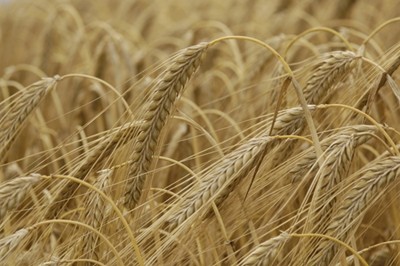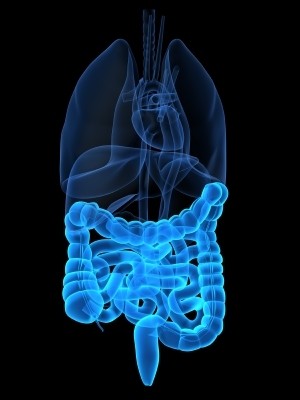Barley extracts show weight management potential: Human data

The apparent benefits of the barley were linked to a potential prebiotic effect of its indigestible carbohydrate content (dietary fiber and resistant starch), which could change gut microbe populations and influence the metabolism of the host, according to findings published in the Nutrition Journal.
“The results indicate that indigestible carbohydrates, as present in barley kernels, have the potential to facilitate glucose regulation in healthy subjects in a time period of 10.5-16 h, decrease inflammatory markers, decrease free fatty acids, decrease hunger sensations and reduce energy intake at a subsequent lunch,” wrote researchers from Lund University.
“Interestingly, the barley kernels evening meal resulted in an increased release of [satiety hormone] GLP-1 during the whole experimental period.”
Gut microbiota and weight management
The science adds to the developing field of weight management by modifying the gut microflora.
With the World Health Organization estimating that by 2015, there will be more than 1.5 billion overweight consumers, incurring health costs beyond $117 billion per year in the US alone, the opportunities for a scientifically-substantiated weight management food product are impressive.
A breakthrough paper published in Nature in December 2006 (Vol. 444, pp. 1022-1023, 1027-1031) reported that microbial populations in the gut are different between obese and lean people, and that when the obese people lost weight their microflora reverted back to that observed in a lean person, suggesting that obesity may have a microbial component.
Prebiotics are “non-digestible (by the host) food ingredients that have a beneficial effect through their selective metabolism in the intestinal tract” (Gibson et al. 2004).
According to a 2010 review in the International Dairy Journal (Vol. 20, pp. 277-280), Dr Nathalie Delzenne and Dr Patrice Cani from the Catholic University of Louvain state that data already exists showing that inulin-type prebiotics may reduce appetite, increase satiety, and thereby decrease the amount of energy consumed. However, such effects were only noted after several weeks and no such effects being observed over a 48-hour period.
Barley’s potential
The Lund University data indicates that such effects may be achievable quicker with barley, with changes to appetite-regulating hormones observed after only two meals.
Nineteen young adults were recruited to participate in the randomized, cross-over study. Participants were randomly assigned to consumer late evening meals with additional boiled barley kernels or white wheat bread. Blood was collected during the following breakfast and lunch meals.
The barley kernels were associated with increased GLP-1 levels, compared with white bread, while free fatty acid levels decreased, and there was a trend to reduced inflammatory markets, such as IL-6.
The researchers also noted a significant reduction in energy intake during lunch the next day, compared with the white bread group.
“In the present study, the barley kernels evening meal decreased the feeling of hunger during the whole experimental day, as compared to the evening white bread, and reduced voluntary energy intake (−12%) at lunch,” wrote the researchers.
“The results in present study are thus in accordance with previous studies showing that GLP-1 reduce food intake and increase satiety in both lean and obese subjects
“It can be suggested that the effects on gastro-intestinal hormones seen in the present study after the barley kernels evening meal, stem from colonic fermentation of indigestible dietary fiber in the barley kernels.”
Source: Nutrition Journal
2013, 12:46 doi:10.1186/1475-2891-12-46
“Effects of indigestible carbohydrates in barley on glucose metabolism, appetite and voluntary food intake over 16 h in healthy adults”
Authors: E.V. Johansson, A.C. Nilsson, E.M. Ostman, I.M. Bjorck















